The characters in George RR Martin's A Song of Ice and Fire trilogy have largely retained the same names and characteristics in Game of Thrones. Drawing upon several mythological and historical traditions, each character's name is unique to their personality and history.
With its many etymological references to Celtic and Greek mythology, the series' fantasy elements acquire a grander and more mythical tone. The period setting of the series is further highlighted by names that are derived from ancient languages, like Hebrew and Sanskrit.
10 Jon Snow

Jon Snow was originally born as Aegon Targaryen, carrying the surname of his father, Rhaegar. One of the saddest things about Jon Snow is that his royal birth was kept a secret and he was seen as the illegitimate son of Ned Stark. The name "Snow" isn't surprising in this context, as illegitimate children in the North in the Game of Thrones universe are given this name. A case in point would be the antagonistic Ramsay Snow, the illegitimate child of Lord Roose Bolton.
The name Jon is a variation of the Biblical names Jonathan and John. The word is of Hebrew origin and roughly means "the gift of Jevovah."
9 Arya Stark
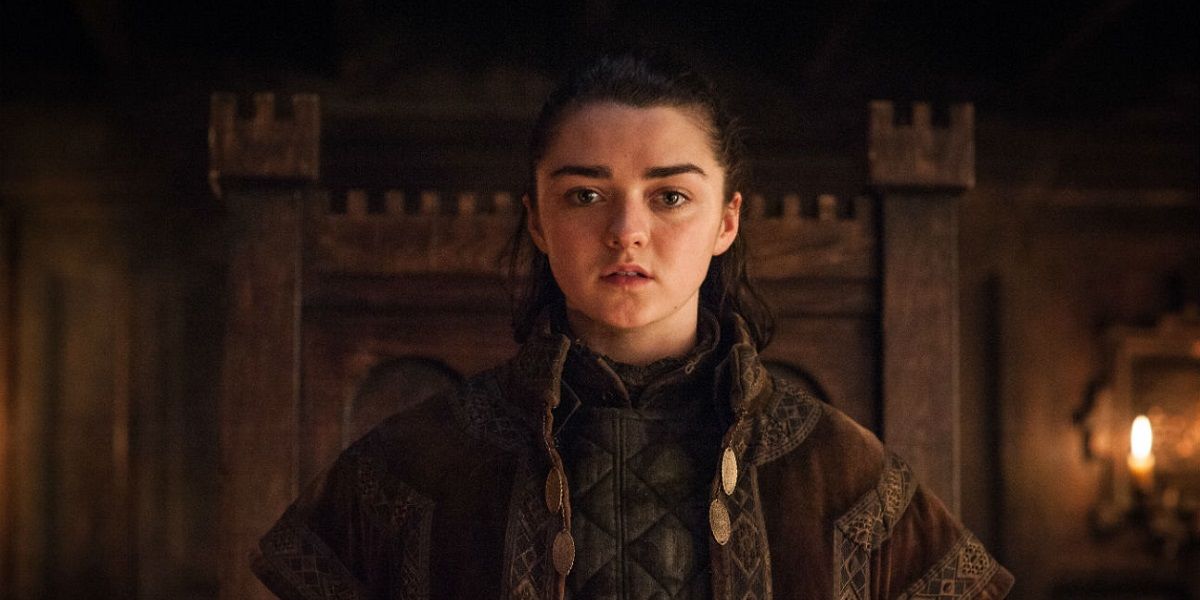
Arya is a name of Persian and Sanskrit origin and is presently common in the Indian subcontinent. When it comes to its Persian roots, Arya roughly translates to "noble one." This makes sense considering that Arya is noble by birth and also maintains her nobility through acts of valor, and despite Arya's most brutal kills, she still is an honorable warrior.
As for the surname Stark, it has Middle English roots and is dubbes as a title for a powerful and valiant person. Yet again, this suits Arya's fearless personality. In the context of Game of Thrones, Stark is, of course, one of the Great Houses of Westeros.
8 Cersei Lannister
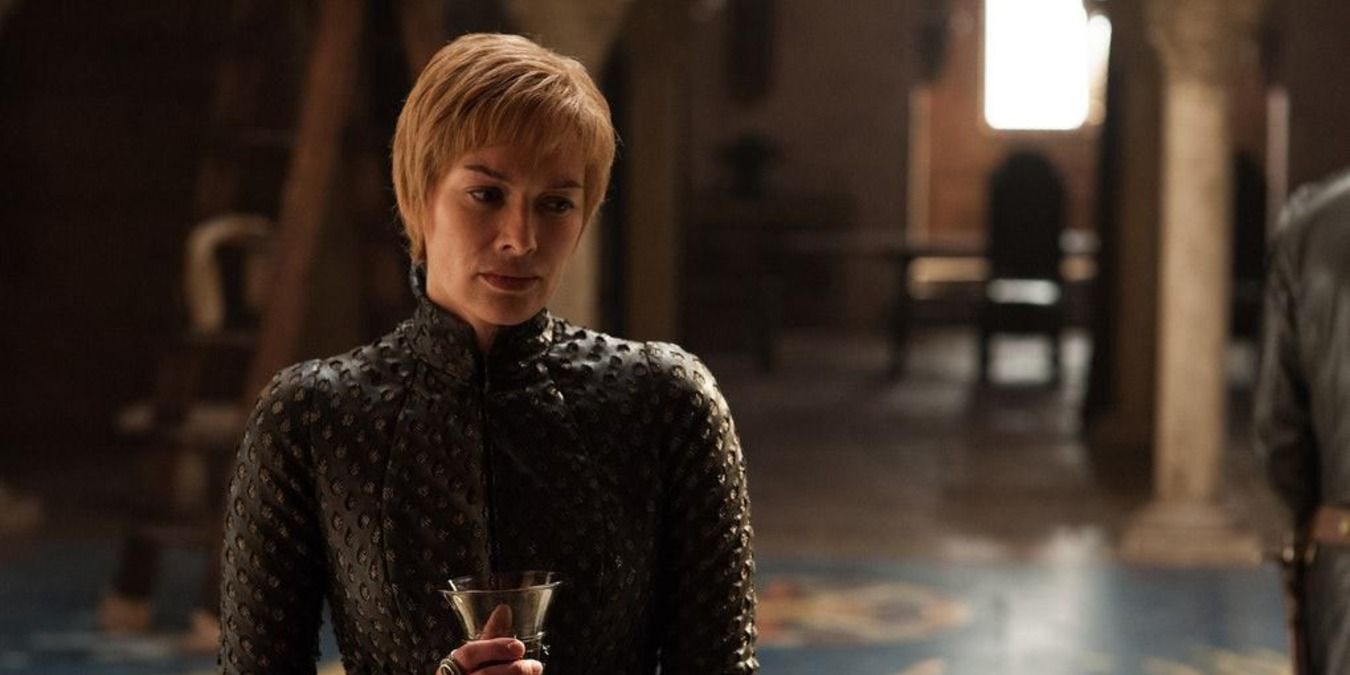
Cersei is a quite uncommon name outside fiction and author George RR Martin never revealed the true origin of her name. It can be deduced that Cersei probably derives from the Greek name "Circe," which bears a similar sound and is a sorceress in Greek mythology who could change humans into animals. She appears as a villain in fictional sagas such as The Odyssey. Both characters are highly manipulative, as Circe was even involved in the murder of her own husband.
The name Lannister is yet again of ominous origin, but it probably arose out of existing British and Irish regions, like Lancaster and Leicester. In the show's mythos, the House Lannister rules over the Westerlands with their seat located at Casterly Rock.
7 Sansa Stark
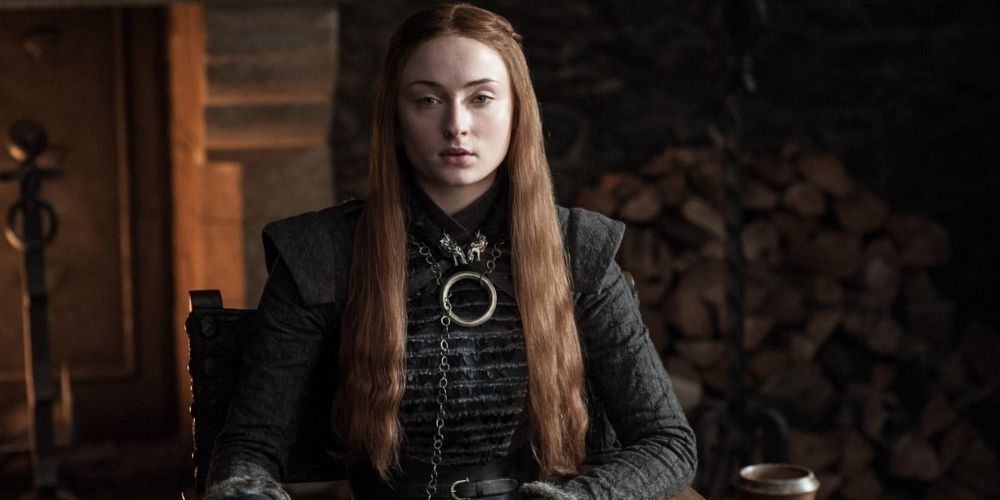
While Euro-centric names are quite common in Game of Thrones, Sansa's first name is of non-European origin, much like her sister, Arya. The word "sansa" means "praise" or "charm" in Sanskrit, an archaic Indian language from ancient times.
The name sounds quite grand and apt for a figure as one of Sansa Stark's best character traits might be her honor. Unlike her sister, who prefers being a wandering warrior, Sansa is shown to be comfortable within the courtly life. Initially, she doesn't care much about the political affairs of Westeros, but by the final season, she goes on to become an important strategist for her House.
6 Daenerys Targaryen
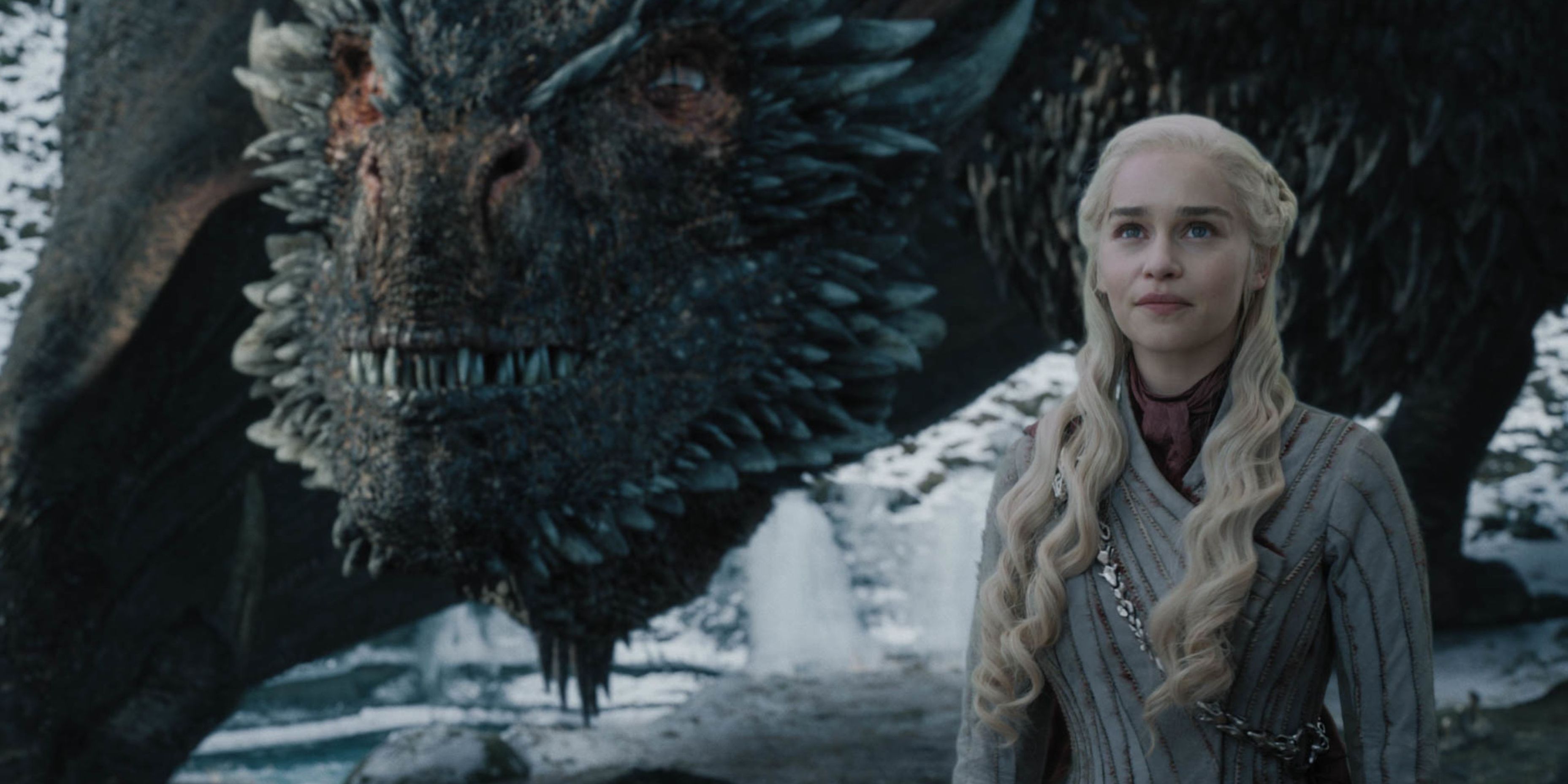
Yet again, George RR Martin has offered no explanation behind this uncommon name, but it's possible that Daenerys arose from multi-lingual roots. Used as a Welsh female name, the word "nerys" might mean "lady." In Greek mythology and its adaptations, the name "Eris" is popularized by a goddess of the same name who was responsible for all the strife and discord in the world.
While Daenerys started off as a protagonist, her transition towards becoming the "Mad Queen" did indeed create a lot of destruction. As for her surname, House Targaryen of Dragonstone was an exiled Great House of Westeros.
5 Tyrion Lannister

Another character with an ominous etymology, Tyrion's name sounds closely similar to the Welsh name, Tirion. This is a plausible theory, given that George RR Martin's Game of Thrones books features many Anglicized versions of Old English and Celtic names. Interestingly, the name Tirion and its similar-sounding variants have been quite common in fantasy literature. In The Lord of the Rings, Tirion upon Tuna was the name of an Elven City, while the last Narnian king in Chronicles of Narnia was also named Tirian.
A unisex name (although mostly used for girls), it usually means "gentle" and "kind" in Welsh. This contrasts with Tyrion's portrayal in the initial seasons, as he's introduced as a brash and defiant character. However, he has always been wise and does offer glimpses of his gentle nature towards the end.
4 Jaime Lannister
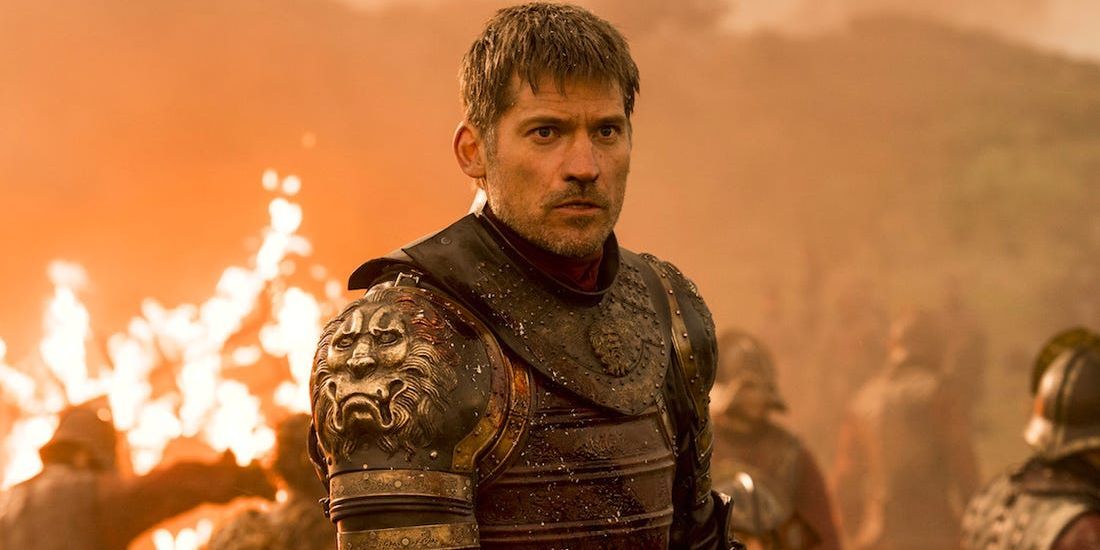
Jaime is a feminine variation of the name James, which in itself originates from the Biblical character, Jacob. Perhaps the biggest similarity between Jaimie Lannister and Jacob of the bible is that both were twins.
Jaime in Hebrew also translates to "supplanter," due to the origins of Jacob's birth in the Bible. Born while grasping the heel of his twin brother Esau, Jacob deprived his sibling of his rights as the firstborn son. This "supplanting" took place in two instances in the Book of Genesis. And while Jaime has been extremely loyal to his sister and lover Cersei, the murder of the "Mad King" can be seen as his act of supplanting.
3 Bran Stark

Brandon Stark aka the Three-Eyed Raven is a clear allusion to the Welsh god, Bran the Blessed. In Celtic mythology, Bran's name literally translates to "crow." He's traditionally depicted as a giant and king of Britain and largely appears in the Welsh Triads, a set of medieval texts relating to folklore. True to the story, Bran too ended up becoming king in the final season of Game of Thrones.
Just like the sobriquet "The Blessed," Bran carried the sobriquet of "The Broken" as a reference to a fatal accident that left his legs immobile. While Martin's novel does associate Bran with crows, the show largely references ravens with regards to this character.
2 Ned Stark
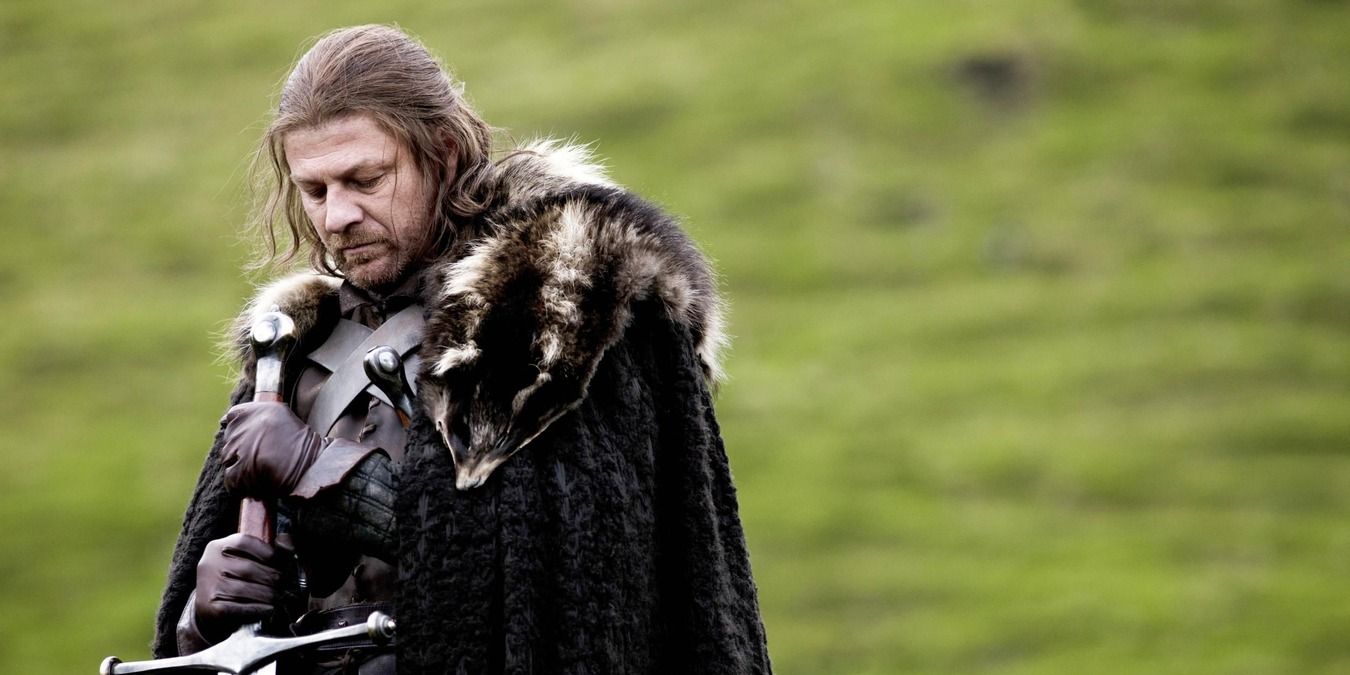
Even though he's popularly known as Ned Stark, the head of House Stark's full name is Eddard Stark. It happens to be an Old English version of the common name, Edward.
"Edward," in itself, can be broken down into the words "ead" and "wear." While the former translates to "fortunate" or "prosperous," the latter means "guardian" or "protector." Ned was definitely not that fortunate given his untimely death at the end of season 1, but he definitely fulfilled his duties as a watchful guardian, serving as the Lord of Winterfell and the Hand of the King.
1 Robb Stark
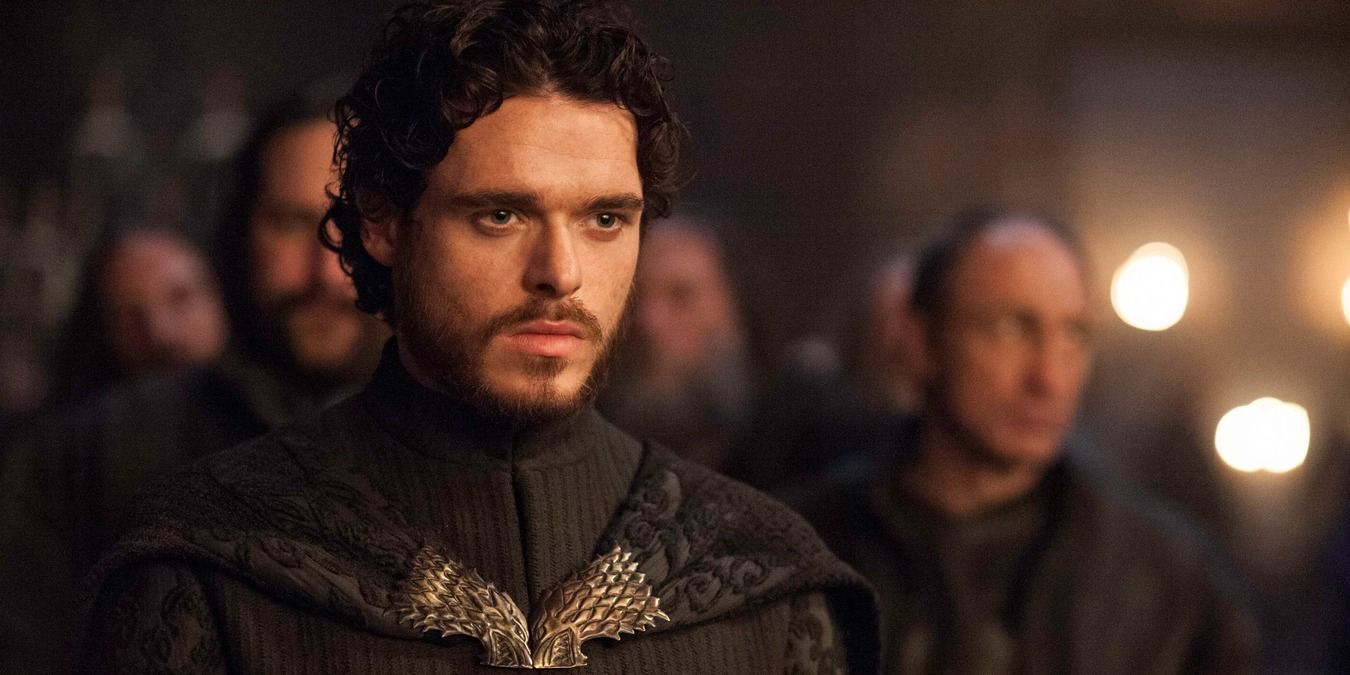
Robb's name is a shortened form of Robert, a Germanic name that was also incorporated in Scottish and English traditions by monarchs such as Robert the Bruce. The word roughly means "famous." His royal birth and well-liked nature could have contributed to his future fame, as he saw himself as an ideal candidate for the Iron Throne.
However, his untimely death definitely changed his fate, with the Red Wedding being one of the worst things that happened to the Stark house. But considering Ned's closeness to Robert Baratheon, it is highly possible that he named his son Robb in honor of the king.
from ScreenRant - Feed https://ift.tt/3yy57N0

0 Comments